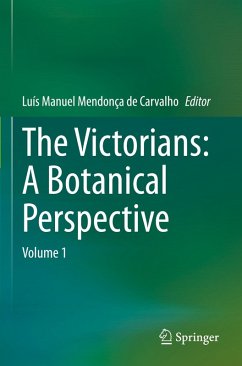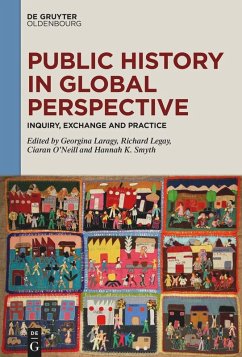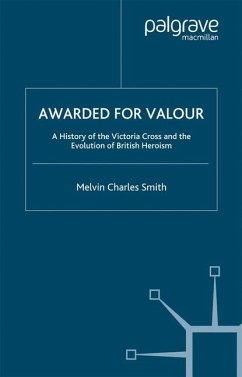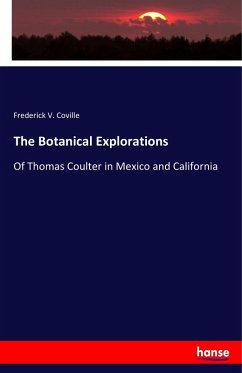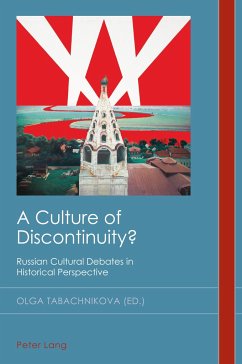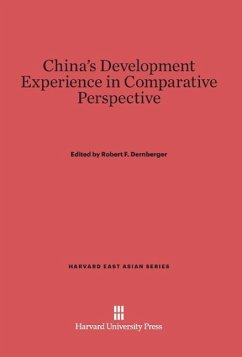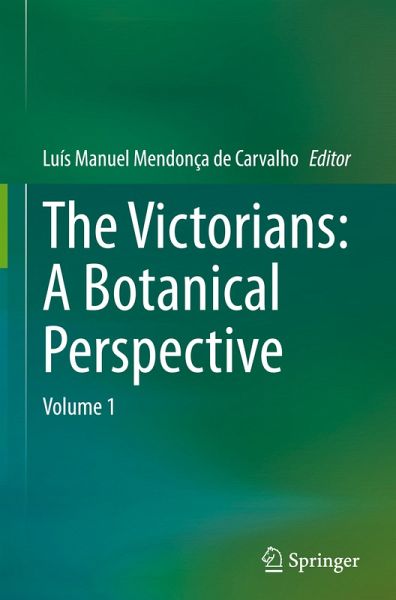
The Victorians: A Botanical Perspective
Volume 1
Herausgegeben: Mendonça de Carvalho, Luís Manuel

PAYBACK Punkte
53 °P sammeln!
The Victorians: A Botanical Perspective, Volume 1 offers a unique re-evaluation of the Victorian Age and presents a new historiography based on plants. It examines the use of gutta-percha in the development of electrical measurements; provides a detailed history of cocoa and the forced labor in the São Tomé and Príncipe Islands; explores the beauty, imagination, and order of William and May Morris' flowers; uncovers the world of Charles Darwin and the Victorian Botany Culture; highlights the crucial role of the Wardian Case in the global transport of plants; reveals the connection between M...
The Victorians: A Botanical Perspective, Volume 1 offers a unique re-evaluation of the Victorian Age and presents a new historiography based on plants. It examines the use of gutta-percha in the development of electrical measurements; provides a detailed history of cocoa and the forced labor in the São Tomé and Príncipe Islands; explores the beauty, imagination, and order of William and May Morris' flowers; uncovers the world of Charles Darwin and the Victorian Botany Culture; highlights the crucial role of the Wardian Case in the global transport of plants; reveals the connection between Mid-Victorian Botany and Microscopy; offers glimpses of the colonial collections at the 1862 London Exhibition; explains how botany was connected with the development of photography; evokes the desire for a return to Nature and a simple life; and, finally, takes us on a journey through the history of violets.





